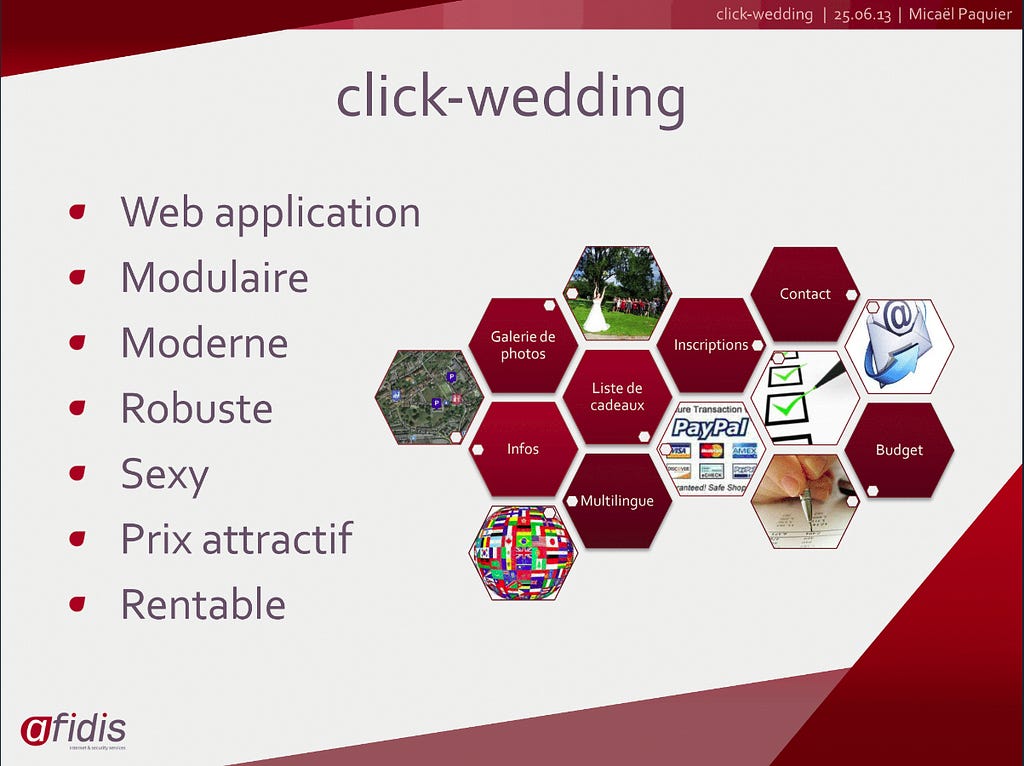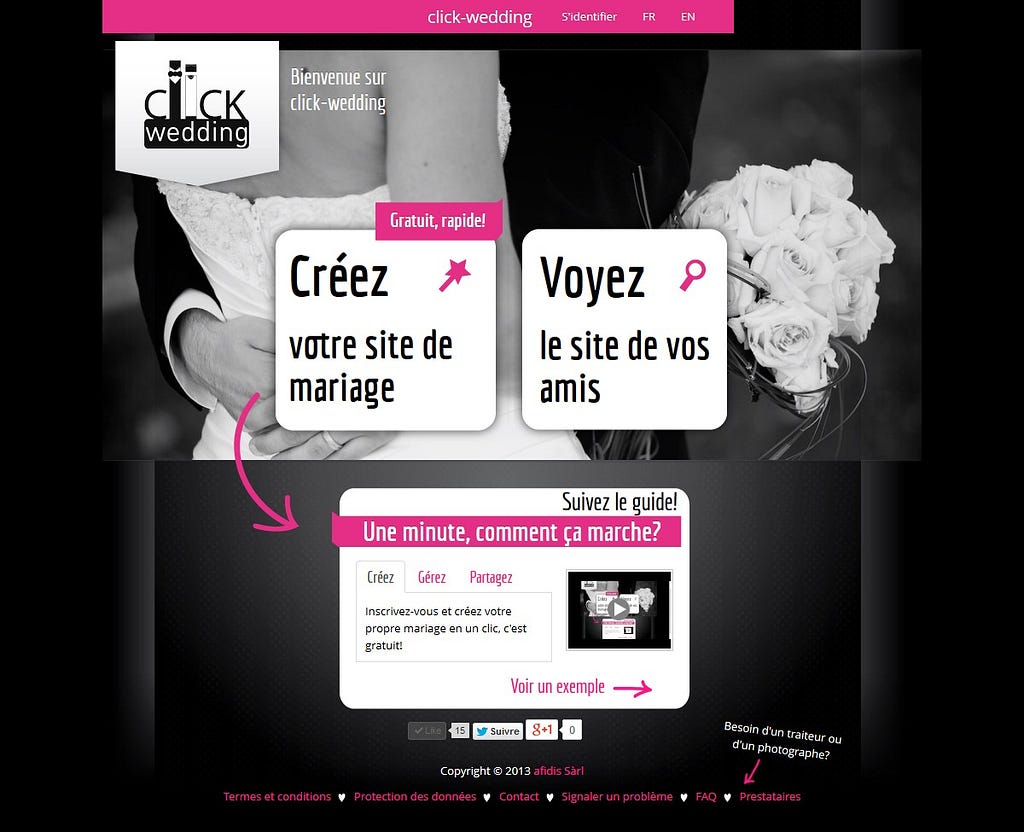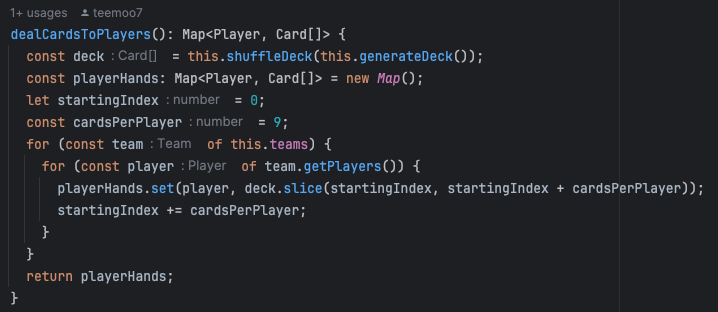Confessing the mistakes that crushed my start-up
A post-mortem of my beloved start-up
You may feel shame to admit your mistakes. Or you can be proud and consider them as some teaching experience that should be shared.

I recently read two very interesting posts about start-up failures:
- How I tricked myself into shipping too late, by Michael Lynch
- What really kills most startups, by Carl Tashian
Both authors inspired me to write a post-mortem of my own start-up.
Getting the idea
Back in 2012, I was working as a software engineer and security manager, in a small company, having a good job, nice colleagues as well. My only concern was to avoid being “sleeping” in my career, so I was looking for some new challenges.
One year earlier, I had got married and I had created my own wedding website, on which our guests were able to buy funny fictive gifts and to pay them with their credit card or PayPal account. I first had thought that there were already websites offering such services, but after a few searches, I could not find anything fitting my needs and that could be a bit personalized. So I created mine.
Many people around me had been enthusiastic about my wedding website and I eventually came to the idea that I could develop it as a complete web application and turn it into a business: create your own wedding website in a click.

Well, it was looking quite innovative, users could add modules to manage guests lists, seating plans, pictures galleries, interactive wedding location, gift list, etc. I also had plenty of ideas to make connections with local wedding businesses like photographers, wedding planners, wedding clothes shops, flowers shops, music bands, graphic designers, etc. In addition to this, I had a few ideas to extend the idea of people buying fictive gifts: shared gift for a special birthday, birth list, etc. You got the idea, it sounded somehow innovative and above all, exciting. Definitively.
Starting-up
Next to the excitement comes the crucial question of funding. I described the idea in a small business plan. Unsurprisingly, this was the very first mistake I did: my business plan was not accurate enough, neither examined enough. I had no idea how to make one, and as I was not requesting credit or funding, nobody had asked me one. I wished I was helped with some experienced people to prove that my business case had a chance to work. Anyway, let’s continue.
There were three main revenues sources:
- Charging an additional fee on all financial transactions
- Allowing the website users to buy some advanced and funny modules
- Proposing business partners, and require from each of them a fee to figure on top of the list, similarly to Google’s ranking.

That was it. And, to secure the early start, I could also just work as a freelance consultant. Last but not least, I would work alone, which is way easier to take decisions and to manage money.
Second mistake spotted here : I am a software engineer, I am (quite) good at programming, but what about the other tasks? Management, commercial moves, accounting, customer facing, administrative processes, all of this was new to me, and I probably neglected how time-consuming and difficult they can be. To see the glass half-full, I can say that I had to learn those jobs very quickly, and it was very interesting to develop such skills.
So I took my savings and created my small enterprise. I discovered how complex this task was but I was able to manage it (remember, I am an engineer, I can do anything). I reduced my employment rate in my former job so that I could be partially working in my start-up while keeping some personal income. After a few months, I understood that it was non-sense to spend only 30 hours a week to create a business, so I left my former job and worked full-time in my small company.

The first months were fun and exciting, I was developing my web application, testing new technologies, exactly what I expected to do when working by my own. But being still in development means no cash in yet and I had to stop developing advanced features so that I could launch the web application with its basic functions and try to convince customers. And partners. I printed business cards and flyers, I made videos to present the app, I hold an exhibition stand, I contacted several friends and tried to enlarge my network. A few people gave me a chance but for sure it was not enough.
Denying the failure
As I was still trying to extend the business, I started to accept some consulting mandates, developing a few websites for other purposes. I initially welcomed those cash-incomes but after some time, I realized that it was not what I expected to do in my own company. My so-called innovative product was in stand-by and there were no improvement in a near future.
To be honest I was feeling that I should give up but that is far from easy to admit this. It means conceding the defeat, underlining the mistakes I had done. And as I was surviving thanks to secondary mandates, I always postponed the time to decide to give up or not. Also thinking about the money I invested in the product.
Finally, I had a dinner with a friend of mine, who is way older than me, and although he was not an entrepreneur, he had some success in his career, so I always listened to him with attention. He told me that now was the time to do something I should have done before any start: fixing objectives, with numbers and dates. I immediately tried to argue that it takes time to build a network and a business and that it is not easy to give precise objectives, but in the end, he convinced me that the reality was crystal clear:
Either it works *very* soon, or you will soon have to find another job.
So I wrote down a very basic objective: in x months, I have be able to get a salary of y from my company. Not that complicated, right?
Guess what happened… Of course I could not reach that objective in a long-term vision. But it gave me the proof (or the kick) I needed to accept that it would not work and I gave up. I searched for another job, back to the employees-world, and I have to say that I was lucky enough to find a position in a challenging area, fitting well with my skills, and with an early start date. When the interviewers asked me what I had done before, I explained my ideas and how I failed, with shame, but their reaction was far from what I expected: it was not a failure, just a good try, showing some interesting skills that were all but negative on my career.
Conclusion
I am far from being an expert in building start-ups, but for what it’s worth, here are a few advises I humbly deduced from my mistakes:
- Consider what you will lose when you quit your job (colleagues, friends, regular salary, comfort at work, …).
- Make a strong, realistic and proven business plan. Yeah, I know, it sounds obvious.
- Write down precise objectives, with timeline and numbers, in order to help yourself to determine whether your MVP really is viable, and when.
- Don’t think you are good in doing all jobs in a company: find associates who are as good as you but with other skills, and build a team with them (working alone may also be a strong social challenge).
If you are ready to spend (waste?) money, to work tons of hours, to get rid of carefree holidays, to discover new fields, to step outside of your comfort zone, to learn how hard it is to make money from scratch, to fight with administrative tasks, then why not give a try?
I do not regret it, because I learned a lot, and I eventually understood that this failure has been a boost to my career.

